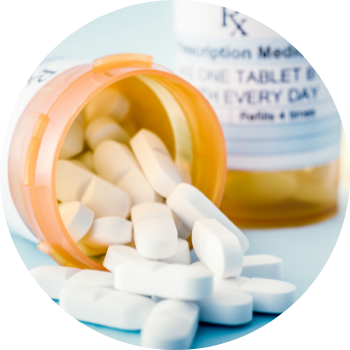Checklist: Finding Financial Help
In Triage Cancer's free Checklist to Finding Financial Help, you'll learn some key steps to finding financial assistance to help you with different types of expenses, and tips for being creative.

In Triage Cancer's free Checklist to Finding Financial Help, you'll learn some key steps to finding financial assistance to help you with different types of expenses, and tips for being creative.
Cancer is expensive. Searching for financial assistance while dealing with cancer can be overwhelming. It can be helpful to keep an open mind when thinking about financial assistance. Although you may need one type of assistance, if you are able to get assistance in a different category, funds you have saved can be shifted. For example, if you have money for your gas bill, but not your rent, you may be able to get utility assistance and shift those funds to help you pay your rent.
Private organizations may provide financial help to individuals with serious medical conditions. For example:
Private organizations may provide financial help specifically to individuals diagnosed with cancer. For example:
There are other health care companies that provide help accessing items other than prescription drugs. For example, if you are taking a nutritional supplement, there may be help to get those items.
For information about other strategies for managing finances after a cancer diagnosis, explore our Finances Topics Page. Triage Cancer does not provide direct financial assistance. However, we do list more resources in our Cancer Finances Financial Assistance Resources Module.
Last reviewed for updates: 01/2025
Disclaimer: This handout is intended to provide general information on the topics presented. It is provided with the understanding that Triage Cancer is not engaged in rendering any legal, medical, or professional services by its publication or distribution. Although this content was reviewed by a professional, it should not be used as a substitute for professional services. © Triage Cancer 2024
We're glad you find this resource helfpul! Please feel free to share it with your communities or to post a link on your organization's website. However, this content may not be reproduced, in whole or in part, without the express permission of Triage Cancer. Please email us at info@TriageCancer.org to request permission.
This Quick Guide can be downloaded and printed for free. If you are a health care professional, we provide free, bulk copies of many of our resources. To make a request, visit TriageCancer.org/MaterialRequest.